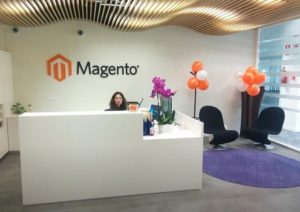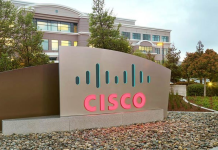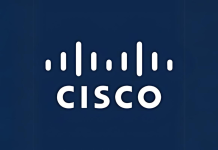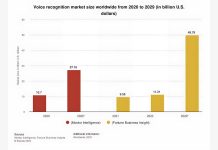In their latest news, Adobe announced on Monday that it would be acquiring Magento for $1.68 billion. Magento is a popular, and widely-used e-commerce platform. As a result, this purchase will help connect the dots for Adobe in terms of their Experience Cloud for their B2B and B2C clients.
Interestingly, Salesforce does offer its own sales, service, and marketing features in the cloud. So, the purchase of Magento will certainly help Adobe be more competitive with Salesforce. In fact, Salesforce purchased Demandware for over $2 billion in 2016 to do just that. Previously, Adobe's Experience Cloud had a gap in terms of their marketing and CRM offerings. Brent Leary, who owns CRM Essentials stated:
Now they have an offering that allows them to close the loop with consumers, who are able to finalize a digital transaction that started online with digital marketing tools Adobe already offered.
It may also bring Adobe and Microsoft closer. Leary went on to state:
But maybe even more interesting may be how this may further the relationship Adobe has with Microsoft. As they also are missing an e-commerce piece to their customer engagement platform [as well]
Yet, Salesforce is the leader in this space. The company is set to reach an annual revenue goal of $60 billion by 2034.
Still, Magento's main client base is in the SMB space. Adobe usually targets the Enterprise. Another competitor, SAP, purchased Hybris for the same expectations. Yet, Cindy Zhou, VP and principal analyst at Constellation Research said:
Magento has become the commerce platform of choice for many big and mid-size companies including Coca Cola. There is great synergy for Adobe to complete the customer journey. From my perspective, the marketing-to-sale insight potential is what’s exciting.
Amazingly, Magento first launched in 2008. In 2011, it was purchased by eBay for around $180 million. Then, it went private in 2015 for $200 million--with help from Permira Funds. Now that it has sold for $1.7 billion, it is a far cry from their valuations of $180 million and $200 million.
























